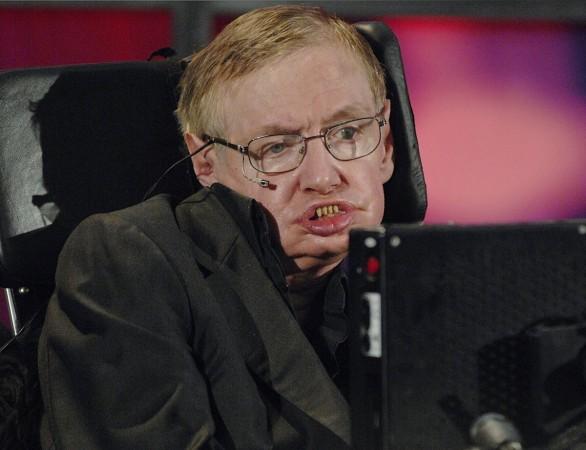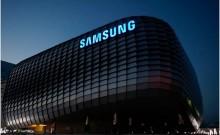
Professor Stephen Hawking, the uber-popular astrophysicist, has perhaps embraced the most modern methods of technology and artificial intelligence himself, but he too believes that man's effort to automate and create something more intelligent than him could mean the end of human race.
Speaking through his new communicator in an interview with BBC, Hawking said:
"The development of full artificial intelligence could spell the end of the human race."
Hawking added that the consequences of building something smarter than us would only be dire.
"It would take off on its own, and redesign itself at an ever-increasing rate," he said referring to high end artificial intelligence. "Humans, who are limited by slow biological evolution, couldn't compete, and would be superseded."
While Hawking notes that the development of such systems has the ability to improve lives of several disabled people, he said that some aspects of AI "spook" him a little, referring to the "word predicting" system in his new communicator.
Hawking's speech-assist system recently underwent a massive revamp. The professor lives with amyotrophic lateral sclerosis (ALS or Lou Gehrig's disease), which has only worsened over the years.
After decades of using a "pick and choose" method of speaking through an equalizer, selecting words by twitching his cheek, the new system has simplified the process.
Called ACAT (Assistive Context Aware Toolkit), the system is powered by Intel and uses SwiftKey software to predict words. The system has been developed to help people struggling with motor neuron disease disabilities and speech impairments.
The ACAT works like an engine where a sensor is mounted on Hawking's cheek and movement is detected by an infrared switch attached to his glasses, which helps him select words on his computer. He only has to select the first two or three letters as words are predicted by the SwiftKey program.
"Intel has been supporting me for more than 25 years, allowing me to do what I love every day," Hawking said in an e-mail to USA Today.
The new system also helps Hawking go through emails and surf the internet. But with all the new updates, one thing that hasn't changed is his robotic voice and Hawking has no intentions of doing away with it.
"It has become my trademark, and I wouldn't change it for a more natural voice with a British accent," he said in the interview with BBC. "I'm told that children who need a computer voice, want one like mine."

















